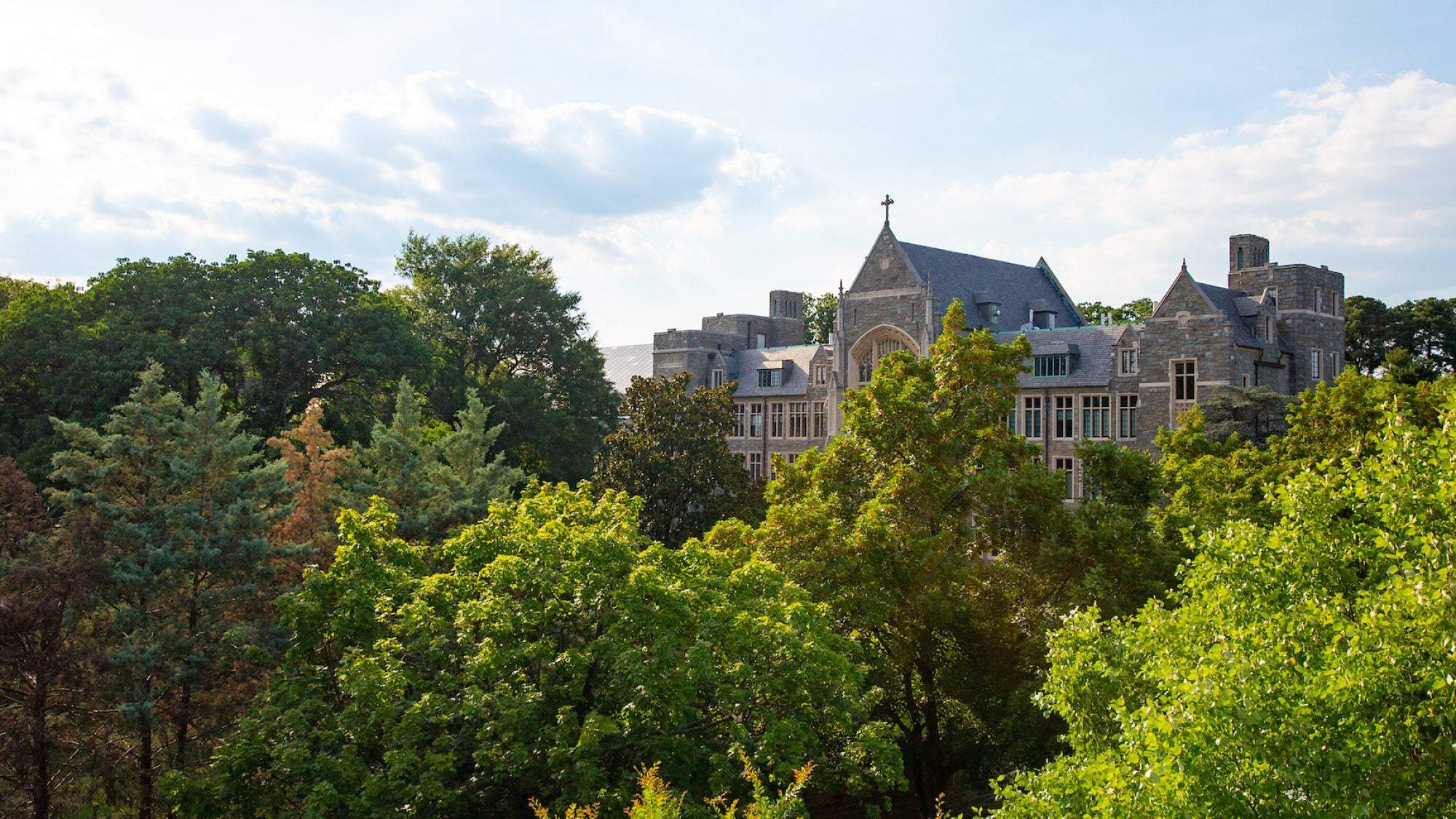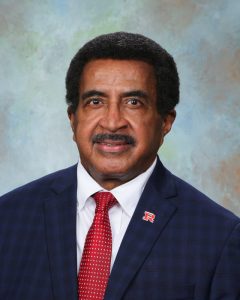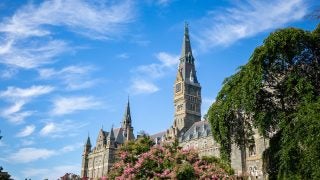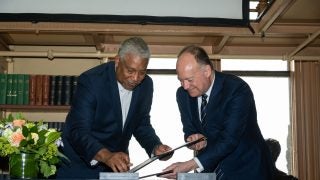The Reconciliation Fund, which was inspired by an undergraduate student referendum in 2019, has begun accepting applications for projects that aim to benefit communities of Descendants, many of whom live in and around Maringouin, Louisiana, where their ancestors were sold and forcibly moved to in 1838. The projects could include health and legal clinics, environmental justice projects, after-school and pre-college programs and local history and memorialization projects.
In partnership with the university, a student committee and an advisory committee of Descendants have developed the application process for the Reconciliation Fund. Both groups will also review grant proposals for community-based projects and make recommendations to university leaders, who will select the final projects.
“The Reconciliation Fund is a collective effort — an example of our community’s deep commitment to the possibilities that can emerge when we work in partnership to advance reconciliation,” said Georgetown President John J. DeGioia. “This project is one way the university is reckoning with the legacies of slavery that have shaped our past and to respond by advancing justice and equity in our present.”
The university benefitted from the enslavement of people of African descent through plantations owned by the Maryland Jesuits through the mid-19th century and from the practices of slavery and forced labor that took place on and around Georgetown’s campus.
The Creation of the Fund
The university committed to creating the Reconciliation Fund following a student referendum in 2019. The project’s implementation was delayed during the COVID-19 pandemic, and the university set aside funding for a 2022 launch.
The Reconciliation Fund will provide $400,000 in grants per year to community-based projects proposed by organizations and individuals. The fund will prioritize applications that demonstrate engagement with Descendant communities connected to Jesuit slaveholding in the U.S., particularly the families who were once enslaved on plantations in Maryland and sold in 1838 to plantation owners in Louisiana.
Award recipients will be chosen twice a year through an application process. Individuals and organizations are invited to apply for the fund, and applications are due by Nov. 25. The fall recipients will be notified in December, and details and timeline for the spring 2023 application cycle will be made available in January.
To date, more than 500 alumni have provided financial support for the $400,000 annual fund.
Student and Descendant Collaboration
The fund’s application process will be managed by a Student Awards Committee, which began meeting in March 2022, and a Descendant Advisory Committee, which began meeting in the summer of 2022. Both groups will collaborate to review and recommend award recipients to the university. The Descendant Advisory Committee will also guide and advise the Student Awards Committee on the fund’s implementation and strategies to engage more members of the Descendant community.
Zac Colon (G’26), a graduate student who is pursuing his Ph.D. in neuroscience, is the vice chair of the Student Awards Committee. He has worked closely with the Descendant Advisory Committee to draft the project application and guidelines and identify organizations that could impact communities of Descendants. Colon says students “understand the urgency of now,” and that with guidance from the Descendant Committee, can help accomplish the Fund’s goal to honor Descendants.
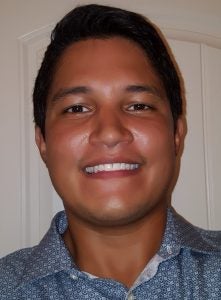
“In order for us to grow as a society, we need to acknowledge and right the wrongs of the past,” he said. “I am privileged in my ability to be a Ph.D student at Georgetown University, but I believe it is my duty as a leader to make sure that Georgetown fulfills its promise to the Descendants of the slaves that the school exploited in its past.”
He also encourages more students to get involved with the Student Awards Committee and with the Fund itself.
“My goal is that the fund and projects we award become a model for other institutions to follow to address the enduring legacy of slavery in America,” he said. “This is not a short-term mission. The more students involved, the greater chance that this fund will succeed and fulfill the goal to impact Descendant communities for years to come.”
